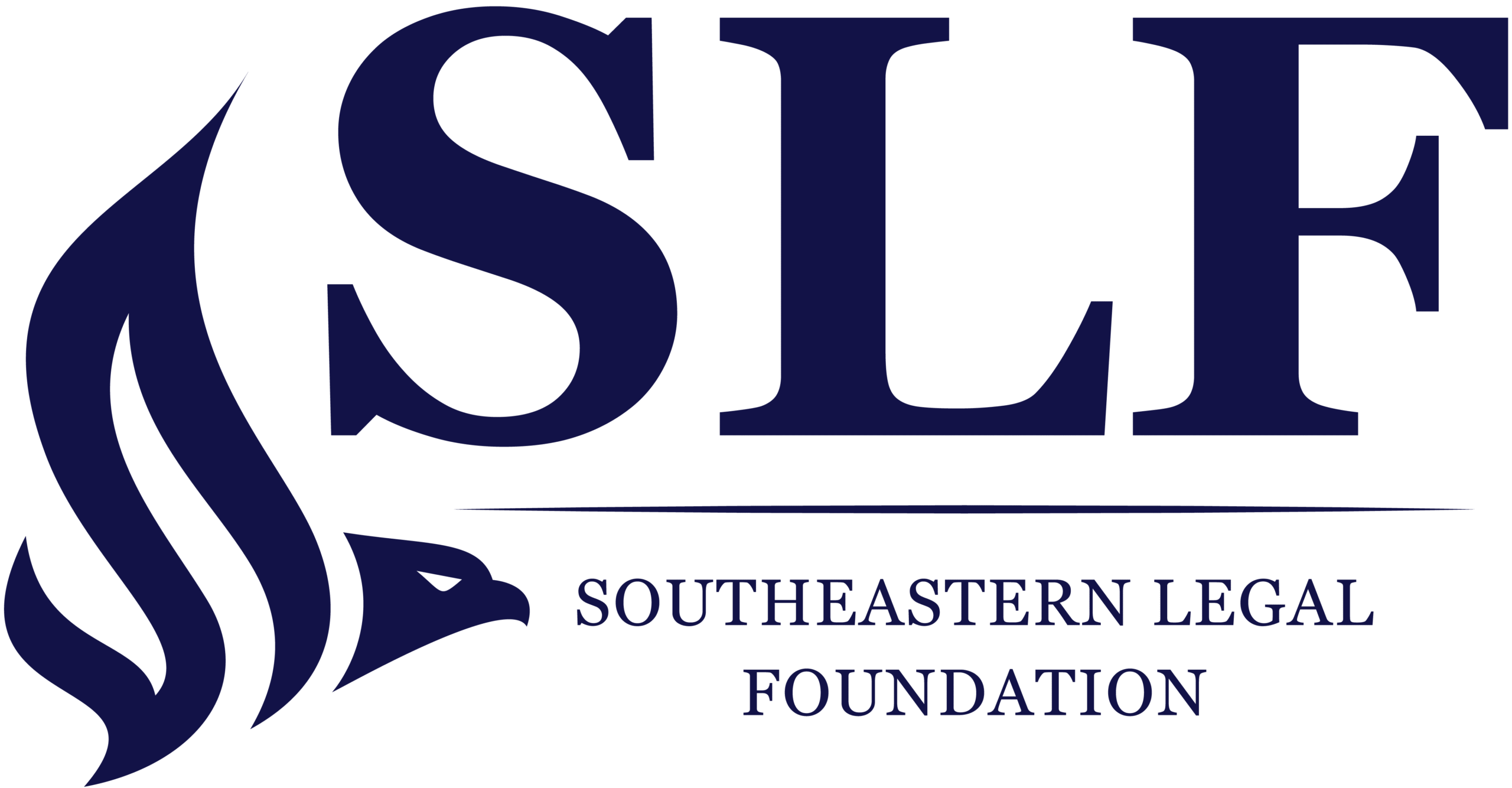Southeastern Legal Foundation (SLF), joined by Mountain States Legal Foundation (MSLF), is supporting students and parents who are pushing back against unconstitutional policies in their school district that require students who believe that pronouns align with biological sex to use incorrect pronouns. Olentangy Local School District maintains several policies that give schools broad authority to tell students what they can and cannot say and to punish students who refuse. Through Parents Defending Education, parents of students in the school district are suing the school district because they fear that their children will not only be silenced for expressing their beliefs but that they will also be forced to affirm beliefs they do not agree with, including the belief that there are more than two genders based on biological sex. In their suit, Parents Defending Education alleges that this violates the First Amendment.
SLF and MSLF agree with the parents. In their brief supporting Parents Defending Education, SLF and MSLF remind the Sixth Circuit Court of Appeals that First Amendment speech protections extend to students both on and off campus. Although a school may require students to give correct answers on math tests, it is entirely different—and unconstitutional—to force students to affirm their classmates’ “preferred pronouns” or otherwise subscribe to the opinion that gender is completely distinct from biological sex.
Read More
The school district’s policies open the door wide to First Amendment abuses. They broadly ban any speech that could be seen as “insulting,” “dehumanizing,” or “humiliating.” The policies even ban simple jokes between friends. This broad ban on so-called offensive speech means that students could be punished for failing to use a classmate’s “preferred pronouns.” This is unconstitutional under the First Amendment because it compels speech through forced pronoun usage, and it compels silence by forcing students to self-censor rather than risk offending classmates and facing punishment.
